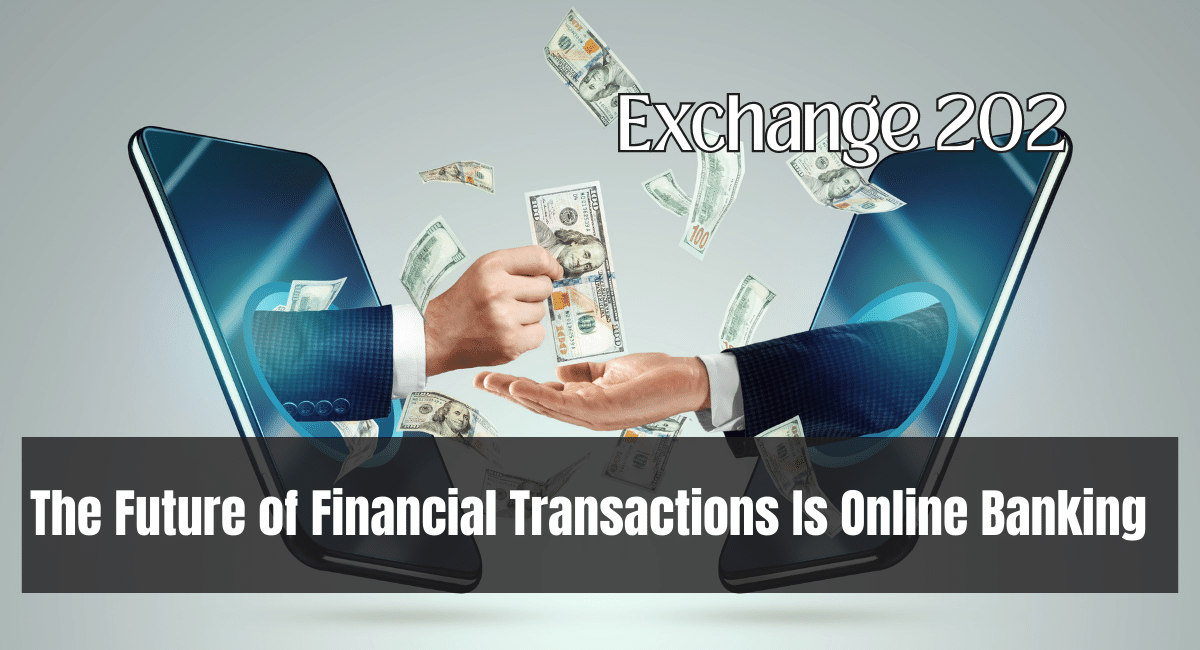The digital revolution has invaded every aspect of our lives, including the way that we manage our finances, and this includes the ability to pay bills online. Traditional banking procedures have been revolutionized by the introduction of online banking, which is also known as internet banking or e-banking. This type of banking offers customers new levels of ease, accessibility, and control over their financial dealings. This article examines the history of internet banking, as well as its advantages, precautions against fraud, and prospects for growth in the years to come.
Evolution of Online Banking
Online banking emerged as an innovative response to the growing demands for convenient and efficient banking services. It began with basic functionalities like checking account balances and transferring funds between accounts. Over time, technological advancements led to the expansion of online banking services to include bill payments, mobile banking apps, electronic statements, and even applying for loans and credit cards.
Benefits of Online Banking
- Convenience: Online banking eliminates the need to visit physical bank branches during working hours. You can access your accounts, conduct transactions, and manage your finances 24/7 from the comfort of your home or on-the-go using mobile devices.
- Accessibility: With online banking, geographical barriers disappear. Whether you’re traveling, relocating, or living in a remote area, you can still manage your finances seamlessly.
- Time Savings: Online banking saves you valuable time by allowing you to complete transactions quickly without waiting in lines or filling out paperwork.
- Cost Efficiency: Traditional banking often involves fees for paper statements, checkbooks, and certain transactions. Online banking often offers reduced or waived fees for these services.
- Account Monitoring: You will be able to keep track of your balances, transactions, and account activity if you have access to your accounts in real time. This improves security since it enables you to quickly identify and respond to any transactions that appear to be fraudulent or unauthorized.
- Automation: You can set up automatic bill payments, transfers, and recurring transactions, reducing the risk of forgetting important financial obligations.
Security Measures in Online Banking
While the benefits are clear, security is a top concern in the digital realm. Online banking platforms implement a range of measures to ensure the safety of users’ financial data:
- Encryption: The data transmission that takes place between your smartphone and the servers of the bank is protected by cutting-edge encryption technology, making it exceedingly impossible for unauthorized parties to intercept and decipher the information.
- Two-Factor Authentication (2FA): Two-factor authentication (2FA) is an additional security measure that requires users to supply a second piece of information in addition to their password. Examples of such information include a code received via text message or a fingerprint scan.
- Secure Login Protocols: Banks often implement multi-step authentication processes and CAPTCHA challenges to prevent automated attacks.
- Regular Monitoring: Banks employ sophisticated algorithms to detect unusual account activity and flag potential fraudulent transactions for investigation.
- Privacy Controls: Online banking platforms allow users to set privacy preferences, control access to specific accounts, and manage permissions for third-party apps.
Future Potential and Trends
The future of online banking is marked by continuous innovation and integration of cutting-edge technologies:
- Mobile-First Approach: Mobile banking apps are becoming more sophisticated, offering features like facial recognition, fingerprint authentication, and voice commands for seamless transactions.
- AI and Chatbots: Artificial Intelligence (AI) is being integrated into customer service through chatbots that can provide instant responses and assist with basic inquiries.
- Blockchain and Cryptocurrencies: The adoption of blockchain technology and cryptocurrencies could revolutionize the way financial transactions are conducted, offering enhanced security, transparency, and efficiency.
- Personalized Financial Management: AI-driven algorithms can analyze spending patterns and offer tailored financial advice, helping users manage their finances more effectively.
- Biometric Authentication: Biometric identifiers such as fingerprints, facial recognition, and even retinal scans are likely to play a more prominent role in enhancing online banking security.
Conclusion
The conventional methods of banking have been rendered obsolete by the advent of online banking, which has fundamentally altered the way we engage with our financial matters. As a result of its development from a simple account access method into a comprehensive set of financial management tools, it has given individuals and organizations the ability to effortlessly take charge of their financial situation. Even if there are numerous benefits, it is still necessary to be vigilant in terms of security standards in order to protect sensitive financial information.
The future of online banking holds the promise of even greater convenience, increased security, and individualized financial services. Technology is continually advancing, and this trend is expected to continue. Accepting this digital transition not only improves our experiences in the financial world, but it also paves the way for a more connected and effective environment in the financial world.
